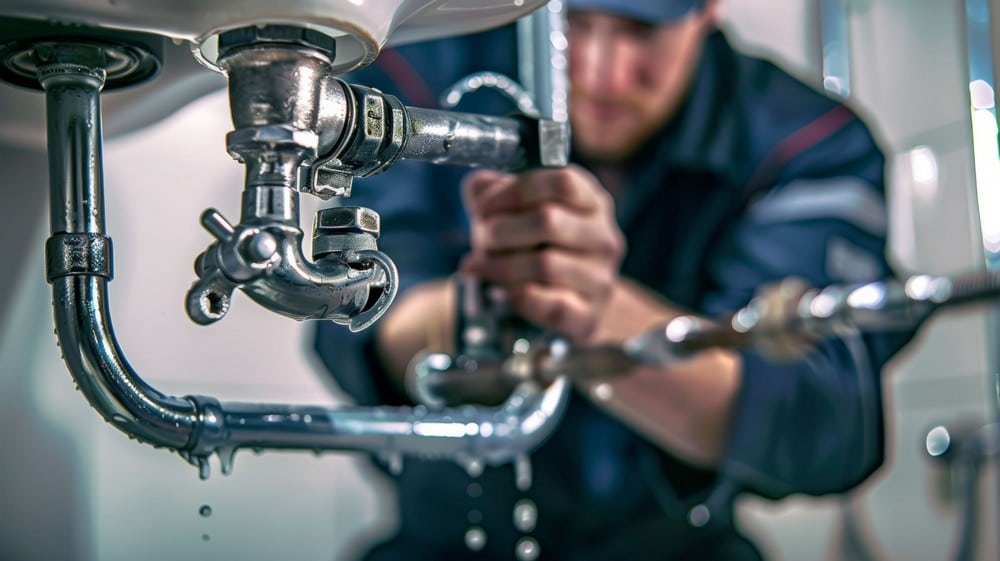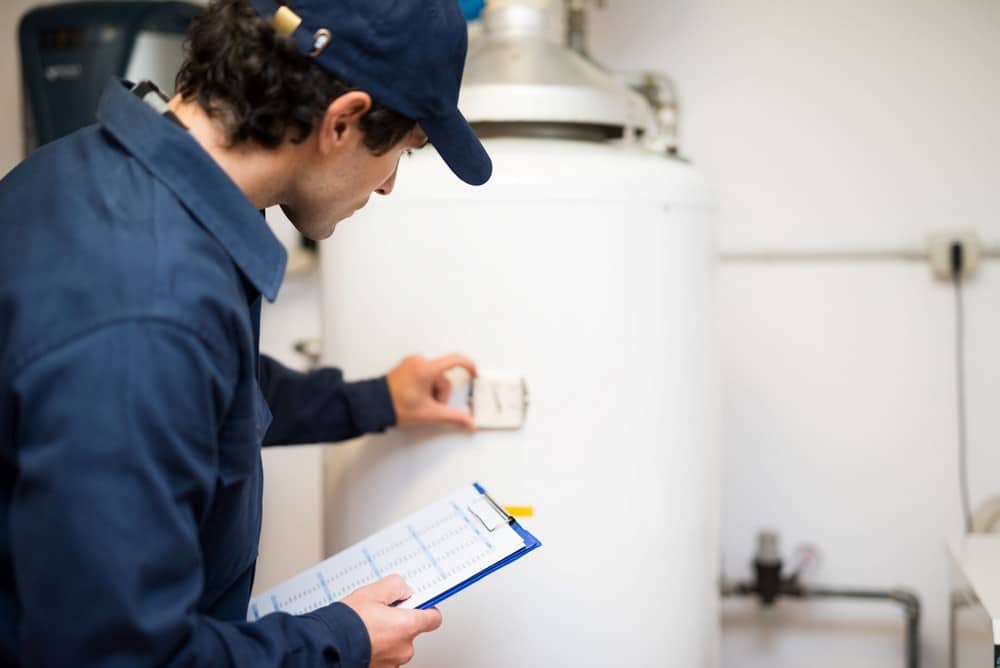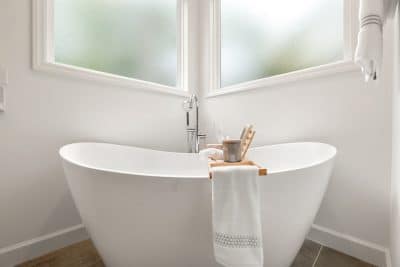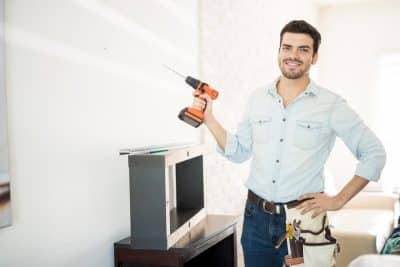
Maintaining your plumbing system might not be the most exciting part of homeownership, but it’s one of the most crucial aspects. Like any other part of your home, your pipes, drains, and fixtures need regular care to stay in top shape.
If you’ve ever dealt with burst pipes, clogged drains, or unexpected leaks, you know how frustrating and costly plumbing issues can be. Luckily, there are simple steps you can take to keep things flowing.
This article provides expert tips to help you prevent problems, avoid costly repairs, and keep your plumbing system running. Read on for the details!
Know When to Call a Professional
While some plumbing tasks are manageable with basic knowledge, certain issues require expert help. For instance, if you notice a significant drop in water pressure, ongoing leaks, or unexplained increases in your water bill, these could signal hidden leaks or system failures.
Professional plumbers, such as Neighborhood Plumbing & Drain, have the tools and skills to diagnose and fix such issues without causing further damage. For major repairs, fixture installations, or sewer line problems, seeking their help can save you time, money, and unnecessary stress.
They can also provide valuable advice and preventive maintenance tips tailored to your home’s plumbing system. Recognizing when to handle maintenance by yourself and when to call an expert will ensure a well-functioning system for years to come.
Prevent Drain Clogs
Clogging drains is one of the major plumbing issues but is usually easy to prevent. Most clogs happen when hair, grease, and soap residue accumulate in the pipes. To prevent this, consider using drain catchers or strainers in sinks and showers to stop hair, food scraps, and debris from entering the pipes. This simple step can make a big difference in keeping your drains clear.
In the kitchen, don’t pour grease or oil in the sink, as they solidify and create hard-to-remove blockages. Instead, put the grease in a container, let it cool, and dispose of it. These small habits will help reduce clogs and keep your kitchen plumbing running.
For ongoing maintenance, you can mix vinegar and baking soda and pour down the drains each month. This solution will break down any buildup without using harsh chemicals. You’ll maintain clear drains, and your plumbing pipes will be in top shape.
Conduct Regular Inspections to Catch Small Issues
Regular inspections will keep your plumbing system in good condition. During these examinations, check pipes, faucets, and drains every few months to spot problems before they escalate.
While at it, look for signs like leaks, rust, or corrosion around pipes and fixtures, as even a small drip can hint at a larger issue. Make sure to inspect under sinks, around toilets, and in basements where pipes are often visible.
In addition, pay attention to unusual sounds, such as whistling or rattling, which might indicate air pockets or pressure issues. Taking time for these regular checks will allow you to catch problems early and avoid major water damage and expensive repairs.
Maintain Your Water Heater

Your water heater system works hard daily, so some plumbing maintenance will help it run efficiently and last longer. Over time, sediment and minerals settle at the bottom of the tank, reducing heating efficiency and forcing the heater to work harder.
Flushing water heaters once or twice a year can prevent this buildup. This process involves draining a few gallons of water from the tank to remove sediment.
It’s also crucial to check your water heater’s thermostat settings. For most homes, a setting of around 120°F provides a good balance between comfort and energy savings. Lowering the temperature can reduce energy costs, while keeping it too high may increase the risk of scalding.
While at it, pay attention to unusual noises, reduced water temperature, or longer heating times. These are signs your heater may need professional attention. This will help you save on energy bills and prevent repairs or the need for early replacement.
Protect Pipes From Freezing
Frozen pipes are a major winter concern, and preventing them requires some preparation. As water freezes, it expands, which can cause pipes to burst and lead to flooding. To protect your pipes, insulating them will help maintain a stable temperature and reduce the risk of freezing.
In icy weather, keeping a small trickle of water running from your faucet can be helpful. Moving water is less likely to freeze, which prevents pressure buildup inside the pipes.
Heating cables can also be a good option for additional protection, especially for pipes located outside or in unheated spaces. They provide steady warmth that keeps pipes from freezing.
Maintain Outdoor Plumbing
Outdoor plumbing, like garden hoses and sprinkler systems, needs regular maintenance to stay in good condition. But how exactly do you do that?
During winter, disconnect garden hoses and store them in a dry place to prevent freezing and cracking. Insulating outdoor faucets or using faucet covers can also help protect them.
Sprinkler systems also need extra care before winter arrives. Make sure to drain any remaining water and blow out the lines to avoid frozen water pipes that can burst. This is because they’re costly and can cause significant water damage.
Most importantly, inspect all outdoor plumbing for leaks or cracks. Be sure to address any issues early to help maintain your home plumbing system and reduce the risk of expensive repairs or replacements.
Conclusion
Maintaining your plumbing system might seem daunting, but it makes a big difference in keeping your home safe and efficient. If you follow these simple tips and stay alert to warning signs, you can prevent the most common plumbing problems before they start. Remember that some issues are best handled by a professional plumber, so feel free to ask for help when needed. With some care and attention, you’ll enjoy a hassle-free, well-functioning plumbing system for years.








